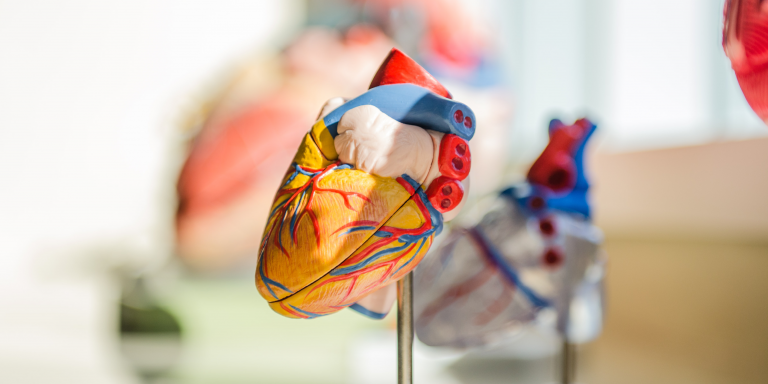
Researchers at Cedars-Sinai Medical Center, a leading Los Angeles hospital, have developed an algorithm that can accurately measure deposits in coronary arteries and predict a patient’s risk of suffering a heart attack within five years. It would allow this analysis to be done in seconds, whereas it takes cardiologists 30 minutes to do it with a CT angiogram. The study, titled ” Deep learning-based coronary CT angiography for plaque and stenosis quantification and cardiac risk prediction: an international multicenter study,”was just published in “The lancet.”
Heart attack prevention using artificial intelligence has been the focus of much research in recent years.
Cardiologists use cardiac computed tomography (CTA), an imaging technique that uses X-rays to provide highly detailed images of the veins and arteries of the heart and to detect the accumulation of plaque or calcium in the blood vessels and identify possible blockages. In the case of coronary artery investigations, this is called coronary computed tomography angiography (CCTA).
A deep learning
algorithm to help interpret CCTA images
Artificial intelligence algorithms are increasingly applied to CCTA to improve the efficiency and accuracy of image analysis, demonstrating high performance compared to expert readers.
According to the research team led by Damini Dey of Cedars-Sinai’s Biomedical Imaging Research Institute, their new externally validated deep learning system provides rapid measurements of plaque volume and stenosis severity from CCTA that closely match expert readers and intravascular ultrasound, and may have prognostic value for future myocardial infarction.
The researchers first developed an algorithm to recognize plaque deposits using a dataset of CTA images from 921 patients. The tool was then validated on a test image set of several hundred patients; its results were mostly consistent with those of human expert readers.
Next, they sought to assess the predictive value of deep learning atherosclerotic plaque quantification for the risk of future myocardial infarction in a subanalysis of the SCOT-HEART trial. After defining a number of plaque volume thresholds for the tool to work, the researchers found that it could accurately stratify patients into two categories: those at high risk and those at low risk of having a heart attack within 5 years of CTA imaging.
Damini Ney stated:
“Coronary plaque is often not measured because there is no fully automated way to do so. When it is measured, it takes an expert at least 25 to 30 minutes, but now we can use this program to quantify plaque from CTA images in five to six seconds. “
The deep learning algorithm needs to be validated before it is deployed in hospitals. She added:
“More studies are needed, but it is possible that we can predict if and when a person is likely to have a heart attack based on the amount and composition of plaque imaged with this standard test. ”
Article sources:
Deep learning-based coronary CT angiography for plaque and stenosis quantification and cardiac risk prediction: an international multicenter study. Andrew Lin, MBBS, Nipun Manral, MSc, Priscilla McElhinney, B.Sc, Aditya Killekar, MSc,Hidenari Matsumoto, M.D,Jacek Kwiecinski, M.D.
Translated from Intelligence artificielle : Un algorithme pourrait prédire les risques de crise cardiaque









